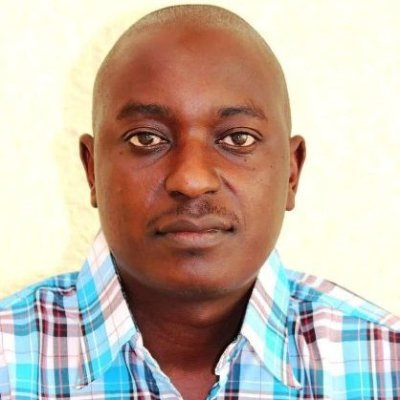Friends of the Earth Africa (FoEA) groups have decried the impact of extractive companies’ operations across the African region, cautioning that if communities are not adequately empowered to advocate for and defend their rights, more of them will be displaced leading to conflicts.

The groups made the call recently during a solidarity mission to oil host communities in Bunyoro sub-region (Albertine Region, Uganda) currently grappling with the challenges associated with the developing oil industry in the country. Participants in the solidarity visit were Friends of the Earth International, FoEA member groups from Uganda, Nigeria, Togo, Tanzania, Cameroon, Ghana, Mali, Tunisia and South Africa. Community representatives in Uganda affected by unsustainable development projects were also part of the team. The FoEA team was particularly concerned that residents of Kabale parish who have been asked by government to vacate the place to pave way for the oil refinery have received inadequate or no compensation at all for their lost properties.
Allan Kalangi of Friends of the Earth Uganda who conducted the team around the so called oil region of Uganda said, “The Government needs to open its eyes to the suffering of the communities affected by oil extraction related activities. Any development that does not put people first is undesirable and unsustainable.”
Affected communities in Kyapalooni and the whole of Kabale parish in Buseruka sub-county who have not received their compensation packages are experiencing severe food shortages after they were asked by the government not to grow any crops while the sanitation situation within the communities is appalling. The education of children in the affected communities hangs in balance and Kyapalooni Primary School has now been turned into a police post even before the government completes settling the disputes of the affected communities. Away from the refinery area, other communities in the region such as that of Kaiso-Tonya in the Hoima district have had their traditional fishing activities significantly affected by the drilling of oil wells in Lake Albert.
Stemming from the visit, the groups observed that the increasing extractive activities on the continent have spurred land grabs and displacement of local communities even as they noted that these developments have contributed largely to the food sovereignty challenges on the continent.
Godwin Ojo, executive director of Environmental Rights Action/Friends of the Earth Nigeria (ERA/FoEN), said: “What is happening in Uganda is a mirrors similar occurrences in communities of the Niger Delta here in Nigeria where the oil industry has spurred a five-decade long despoliation of the environment. Our communities must resist this and governments on the continent must take action to halt this vicious cycle.”
The groups were of the view that extractive companies, through their activities threaten and drown community voices in their propaganda rhetoric in concert with governments across the continent in the push for profits. Some of the elements of the propaganda rhetoric are misinformation and deliberately keeping communities in the dark about projects that may have far-reaching implications on their livelihoods and well-being. The situation has been made worse by the fact that the profit oriented companies and the government which is supposed to be on the side of the people all seem to speak the same language.
The members stressed that there was a need for richer understanding and definition of the concept of “Sustainability” which FoEA believes should be built upon in the needs and experiences of people at the grassroots level, this being at variance with the way corporates and governments in Africa perceive it to be.
The FoEA groups urged that the narrative of Keeping the Oil in the Soil and investment in sustainable alternatives be vigorously promoted in all spaces – government, communities, in the media. It was also recommended that communities have ongoing access to information relevant for their efforts to advocate for the respect and recognition of their human rights.
